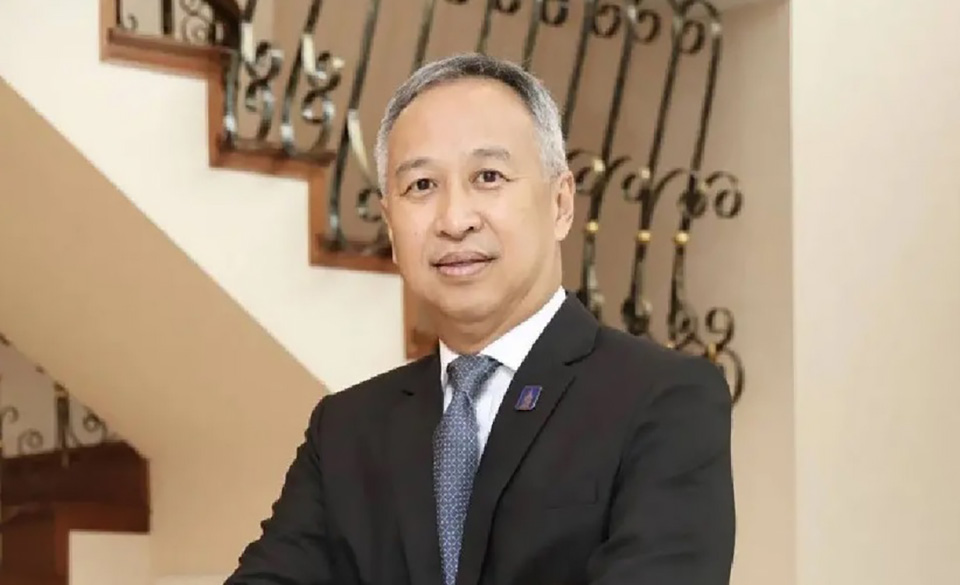
Hotel operators in Thailand are lobbying for government support in the form of tax deductions or subsidies for renovations, with an emphasis on green energy improvements. The Thai Hotels Association (THA) is preparing to discuss these proposals with the finance minister, aiming to enhance the competitiveness of legally licensed hotels nationwide.
THA President Thienprasit Chaiyapatranun highlighted the plight of mid-scale hotels, which, still reeling from the pandemic’s economic impact, lack the necessary cash flow for essential renovations. According to Thienprasit, this sector struggles, especially with competition from unregulated accommodations emerging from newly converted condominium units.
In 2020, the Finance Ministry introduced a tax relief measure allowing hotels to deduct 1.5 times the expenses incurred from building extensions or renovations, which significantly helped revive the hotel industry. Thienprasit advocates for a similar scheme to aid smaller hotels in upgrading their facilities to attract and serve more tourists.
The Tourism Authority of Thailand (TAT) is also encouraging hotels, particularly those in second-tier cities, to install electric vehicle (EV) chargers. This suggestion aligns with TAT’s strategy to promote domestic travel among EV owners by increasing the availability of charging stations, thus making travel to less frequented destinations more feasible.
Amid high domestic airfares and a burgeoning EV market supported by substantial government subsidies, increasing hotel EV charging facilities could incentivize more road trips. Former THA President Marisa Sukosol Nunbhakdi also raised concerns about the financial strain on hotels due to the land and building tax, calculated based on continually appreciating land values, despite fluctuating hotel revenues since the pandemic. (NNT)








